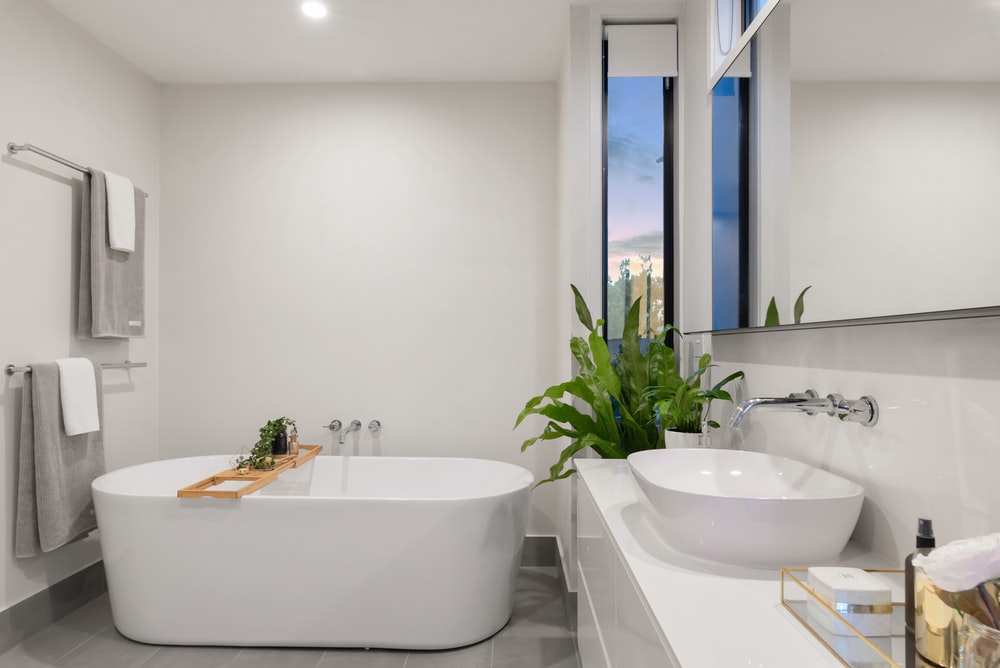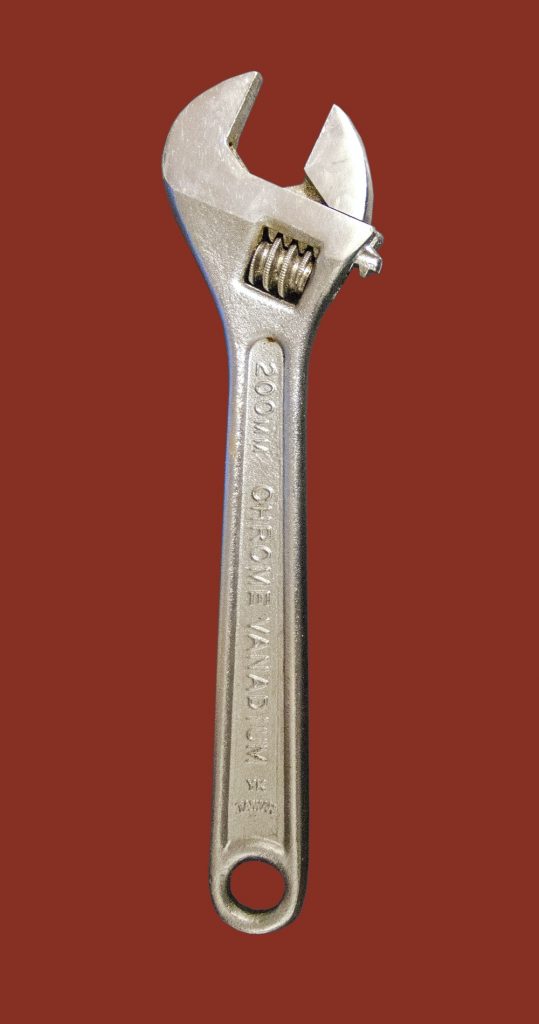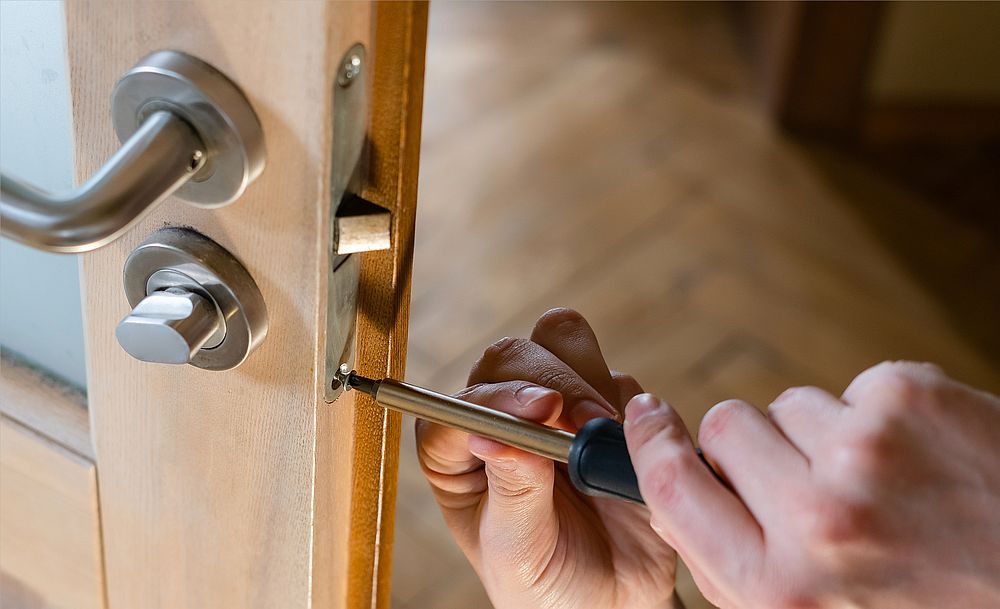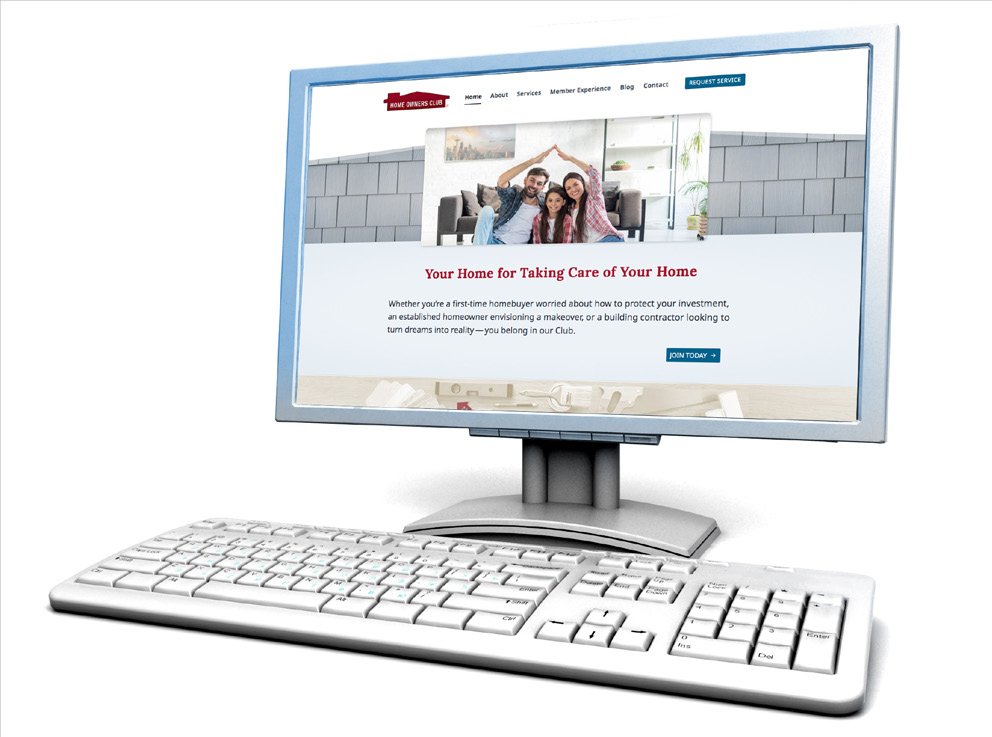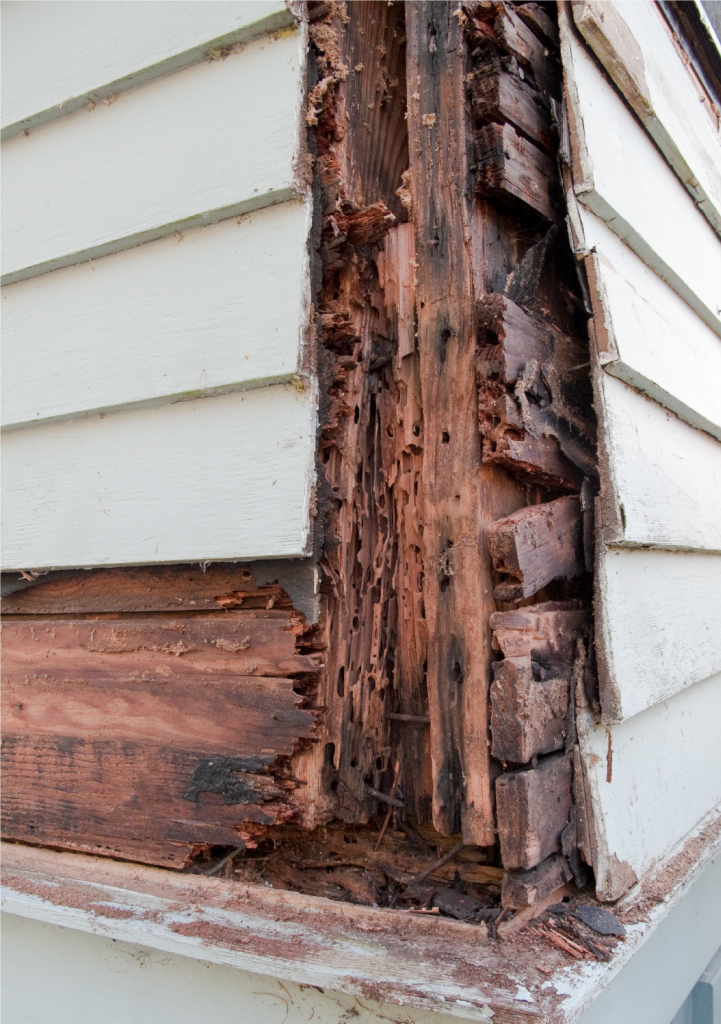Evaluate the efficiency and effectiveness of your current windows – and learn how to get the best deals on replacements.
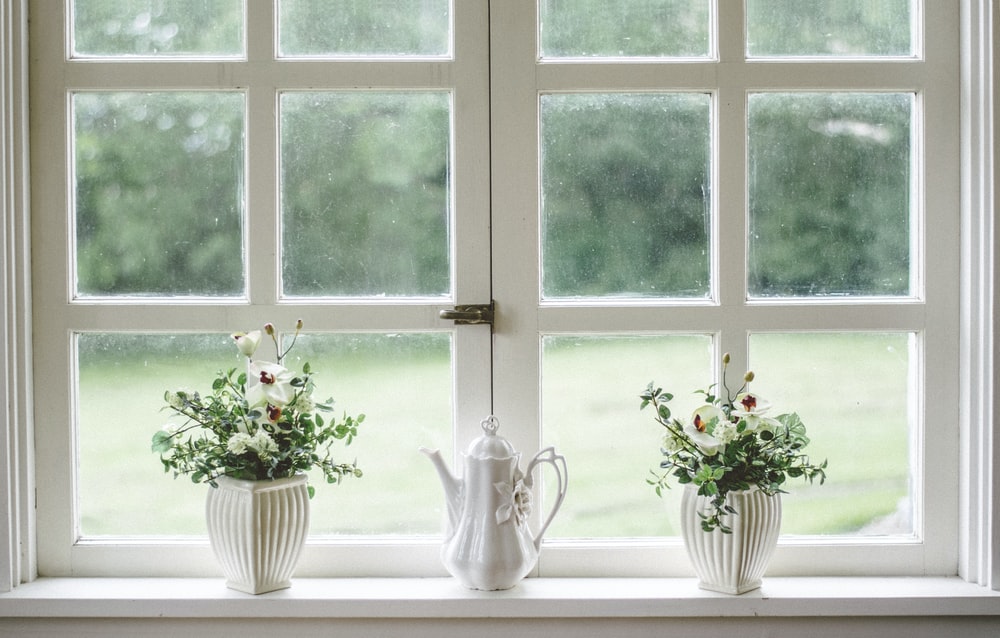
If the windows in your house utilize just a single pane of glass, or were installed before 1990, there are some things you need to know:
- Single-pane windows are a major waste of energy and money: Almost half of all homes in the U.S. feature windows with just one pane of glass (the least efficient variety). For those homes, a whopping 10 to 25 percent of all heat is lost straight through the glass.
- Older, double-pane windows are better but not great: Double-pane windows – which feature two panes of glass sandwiched together with a gas-filled space between them – became popular during the energy crisis of the 1970s. While they reduced homeowners’ energy losses, the windows of that era had a number of quality problems. Since then, the technology, longevity, ease-of-use and energy-saving ratings have improved dramatically.
- Many older, double-pane windows have failed by now: The lifespan of any double-pane window depends on a number of factors, including how it was manufactured, the amount/type of weather it is exposed to and more. Here in the Northwest, older windows facing south or west can often fail after just 12 years.
- Triple-pane windows are usually not worth the money: Not long ago, a triple-pane window option came available. That third pane of glass does help control heat loss and exterior noise, but the additional 10 to 15 percent increase in cost is usually not worth it for most homeowners here the relatively mild climate of the Northwest – unless you’re impacted by an abundance of outdoor noise.
- Your windows may be contributing to mold and allergy problems: The condensation that accumulates on the inside of single-pane windows rolls down the glass and collects along the bottom of the window frame. There, it often promotes mold, which can aggravate allergies. Double-pane windows alleviate the condensation problem.
- Double-pane windows also block neighborhood noise: Double-pane windows are not only excellent at preventing heat from escaping, they also block out much of the noise from car traffic, construction, power tools, conversations and more.
- Cleaning your windows doesn’t have to be such a chore: Many of the new window designs feature frames that can be rotated so the outer glass can be reached from the inside, making cleaning both sides of the window easy and safe.
- Your choice of window will also impact your furnishings: Modern windows are available with a variety of tint options that prevent the sun’s ultra-violet rays from fading and discoloring your belongings (furniture, rugs, artwork and more), and save energy by keeping your living space cooler on hot days. Commonly known as “low-e” coatings, these are layers of metal or metallic oxides that are permanently bonded to the glass surface.
- You don’t need to replace ALL your windows: If money is tight, consider replacing just some of your windows now and waiting until later to replace the rest. You can focus your efforts on the rooms you use most often, or you can target the windows that get the worst of the weather.
- You don’t need to replace any windows if all you want are the benefits of tinting: If you don’t want to replace your windows, but do want the benefits of tinting, consider “window film,” which is a tinted polyester sheet professionally applied to the inside of your existing windows. Window film not only reduces sun damage and saves on heating costs, it’s also shatter-resistant and helps secure your windows against break-ins. According to the manufacturers, window film can lower the amount of heat passing through your glass by up to 79 percent, block up to 98 percent of the damaging infrared rays and reduce glare by 50 to 87 percent.
- Styles are available to match your home’s architecture: Whatever the style of your current windows, energy-efficient, matching replacements are available. You can also use this as an opportunity to change your window design to something new (or back to the historic style that was original to your home).
- Rebates are available now: If you decide to replace your current windows, there may be a variety of rebates/credits currently available (these programs may no longer be available, however, as they were announced for a time uncertain):
- The Federal government will give you a 10 percent tax credit towards the purchase price of any new windows ($200 maximum). See EnergyStar.Gov/TaxCredits for more information.
- Seattle City Light is currently testing a pilot program that will provide its homeowner/landlord customers who rely on electric heat with a valuable rebate for installing new double-pane windows. Call (206) 684-3800 for more information.
- Puget Sound Energy is offering its electric-heating customers a rebate program very similar to that available through Seattle City Light. For more information, call 1-800-562-1482.
- This is a great time to make a change: Winter is a great time to replace your windows. The contractor response times are usually much faster, and they have more time to discuss all the options with you. After the windows are manufactured to your specifications (which can take a few weeks), the installation work usually takes just a day or two, and can be comfortably completed even when it’s raining.

